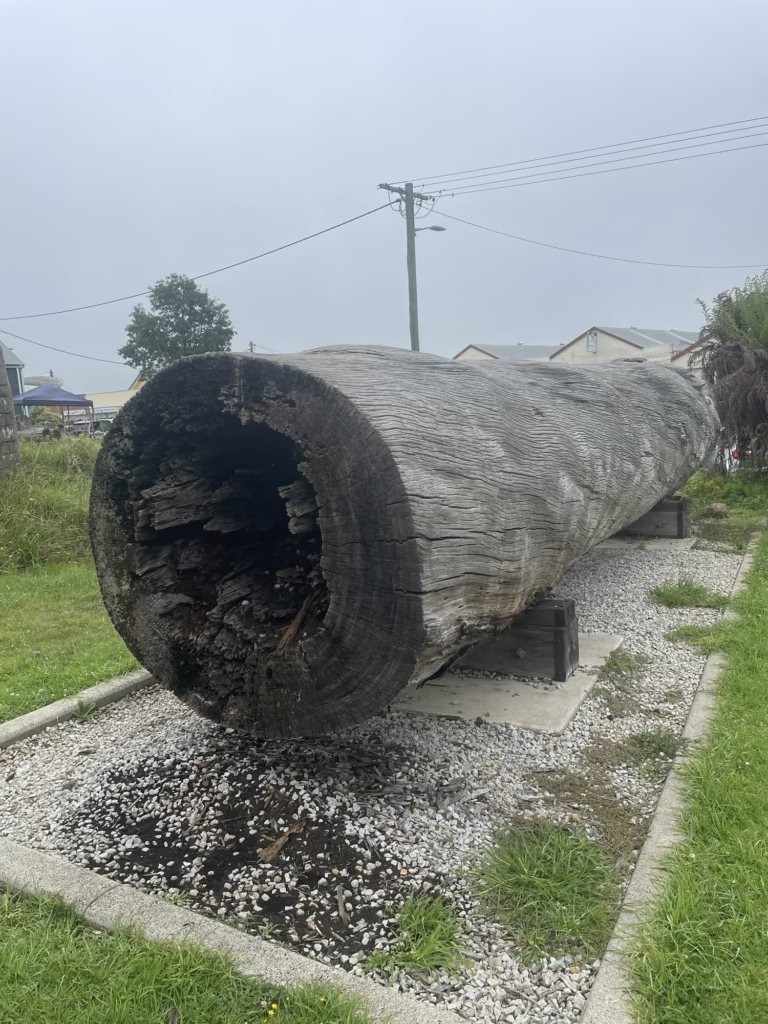
The Big Loop
The Big Crab | Ballina | Credit phb Evans Head NSW | Credit phb Evening Camping NSW | Credit phb…
Read More
You have reached my Blog about Higher Education.
Since I have retired from the active school service in Lower Saxony in Germany, I live with my wife Maria Ines and her large family at the Gold Coast in Queensland, Australia.
About us (Background and more)

*
Experience the fusion of imagination and expertise here.
My Website
Why?


“Place & Time”

Stay in the loop with everything you need to know.
START HERE
New Reader? Start Here … and search this site.
My WordPress Blog archive contains 16 years of active WordPress blogging, sometimes short comments and snippets, sometimes summaries of my reflexions.
More than 400+ posts over the years and no intention to delete.
More like Bert Brecht named it like Bilderbogen or Timelines.
My perspective?
Read these three posts in any order:
What is Bildung? The German concept driving everything here in contrast to education (British, US and Australian).
2. Teaching experiences on three different continents:
From Cold War Berlin (1972) to → Windhoek Namibia DHPS (1988 – 1994) → Queensland journey from 1998 – 2005.
3. Back in Germany in 2005 and Koordinator of the Course System at Fritz- Reuter Gymnasium (Gymnasiale Oberstufe) and Studiendirektor in charge of School Development and Professional Development based on my experiences in Namibia and Queensland plus networking for Goethe – Institute in Australialia.
Interested in specific topics?
Educational Philosophy:
Start with Horizons: Handwriting & Navigation
German Literature: Start with my review of Uwe Johnson’s Anniversaries
AI & Technology: Start with my review of Harari’s Nexus
Cultural Criticism:Start with Film Review Joachim Trier’s Sentimental Value.
Queensland History: More to come here soon … Just follow me.
Motto: Once a Teacher, always a teacher.
Born to be free.
————————
Peter H Bloecker (The Blogger) is a retired Studiendirektor (Director of Studies, Germany) with more than 40 years of international teaching experience across Berlin, Lower Saxony Landkreise LG and DAN (Wendland) plus post-apartheid Namibia, and last not least Queensland, Australia.
He served as the German Language Adviser for Education Queensland and the Goethe-Institut from 1998-2005, supporting about 1,000 German teachers of German statewide. Peter H Bloecker studied German plus British American Studies and Landeskunde and Literature at Freie Universität Berlin (FU) during the student movement in the 1970- ties with the main focus on Chomskyan linguistics.
—
Short Version: About me
Peter H Bloecker: Retired educator (40 years across Berlin, Namibia, Queensland), active Blogger on Higher Education and German Bildung, rather than Education.
—
“What’s your blog about?”
Sixteen years analyzing higher education through German philosophical traditions and about 40 years teaching experiences across three continents.
I connect Bildung to AI ethics, German, British and US literature to democratic discourse, and colonial history from Namibia and Australia to contemporary education—all this from the Point of View (POV) of a retired Educator free of any duties.
Background:
I was born right in the middle of Schleswig-Holstein, the federal state with horizons, on 28 August 1949.
At the left and not too far the North Sea (Der Blanke Hans) and at the right the Baltic Sea.
In the North Denmark with Flensburg, and at the South Hamburg and the river Elbe.
I went to school for 4 years in HUJE, a very small village, where I learnt to read, write and do maths.
My father was the only teacher there for 9 school year levels, all students in one room only.
The first years at a grammar school in Itzehoe (Kaiser-Karl-Schule) were very exciting and stimulating for me and simply enriching, coming from a small village in Holstein.
My first friends and mates were sons and daughters of the local farmers, and on their farms and in their hay sheds or barns and attics I spent my childhood over the years.
An extremely interesting childhood without any traffic, noise, not even cars.
But tractors like the post war blue Lanz Bulldog and animals and horses.
And country folks.
And refugees from East Prussia, today mostly Russian and Polish along the Baltic coastline.
15 years old and later, in Kiel, I took my A-levels (1968), and I decided to become a teacher myself like my father, the first born son of a farmer.
The options I considered those days were Law and Medicine and The Army – not much more, as – looking back – we knew absolutely nothing about Universities and what to study there.
Studying in Kiel and West – Berlin (Free University) plus my first job abroad in England (Shrewsbury) only confirmed my plans: Teaching and Learning, but after one year as an assistant teacher I knew: My plans were first consolidating in Germany, but later work in German High Schools abroad.
After starting a family, I went with my then wife to Scharnebeck near Lüneburg, and a few years later to Windhoek, Namibia: The private High School DHPS.
After 6 years and 4 more years in Dannenberg (Elbe), I applied for a job as a Language Adviser at the Goethe-Institut in Brisbane, Australia, where I was in charge of German as a Foreign Language (DaF) in the Department of Education for over 7 years until 2005.
Since 1980, numerous further training courses and training as a counselling teacher and COACH followed, as I understood, the more I could learn myself, the better for my students.
From 2005 to mid-2012 I lived and worked in Dannenberg / Elbe as the coordinator of the course system (Gymnasiale Oberstufe) Fritz-Reuter-Gymnasium, responsible for the year levels 10 to 13, ending with the German Abitur (Hochschulreife).
I left the active teaching service in July 2012 (ATZ), and have lived mostly near Lueneburg and on the Gold Coast in Queensland Australia since then.
With our best wishes from the Gold Coast in Queensland, Australia
Kindly yours
Peter Hanns Bloecker and wife Maria Ines.
Updated Wed 7 Aug 2024.
My Profile
Contact

Why?
Smart children cannot stop asking why.
Some adults, according to their own education and childhood, might become very angry and answer in short:
Could you please stop asking stupid questions?
Are there any stupid questions anyway?
Well, after teaching high schools for about 40 years, I must admit, there are some stupid questions. However, blocking smart children from asking their questions is not a very good idea at all.
Because they will always try to find an answer how the world is working, or, in the words of the German Writer Johann Wolfgang Goethe (Fan of Shakespeare):
Was die Welt im Innersten zusammenhält.
So, why is a very smart question, and telling kids to shut up might be necessary from time to time; however, telling them why you are not able to answer their question at a certain moment in time is always a good idea.
THE TEACHER
From the Gold Coast, with my best wishes and greetings
Kindly yours
Peter H Bloecker
Author and Blogger
Updated Wed 7 Aug 2024.

You must be logged in to post a comment.